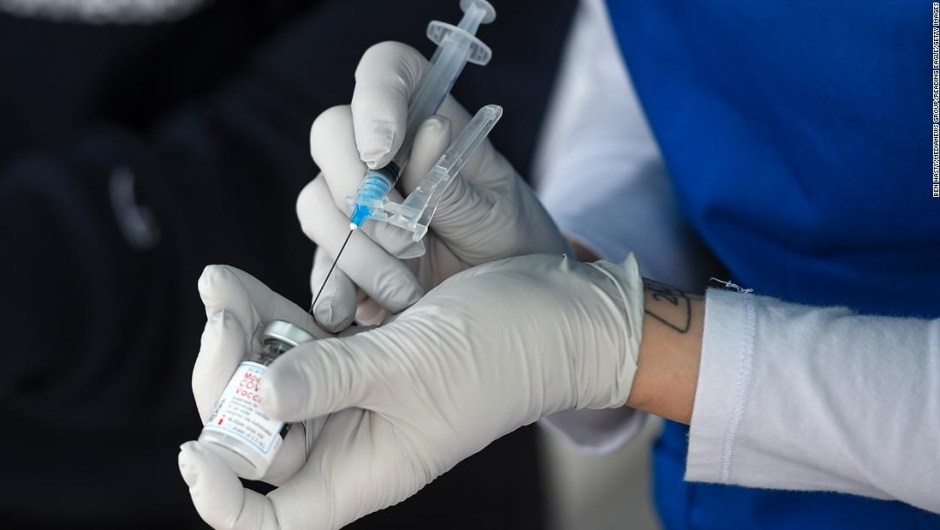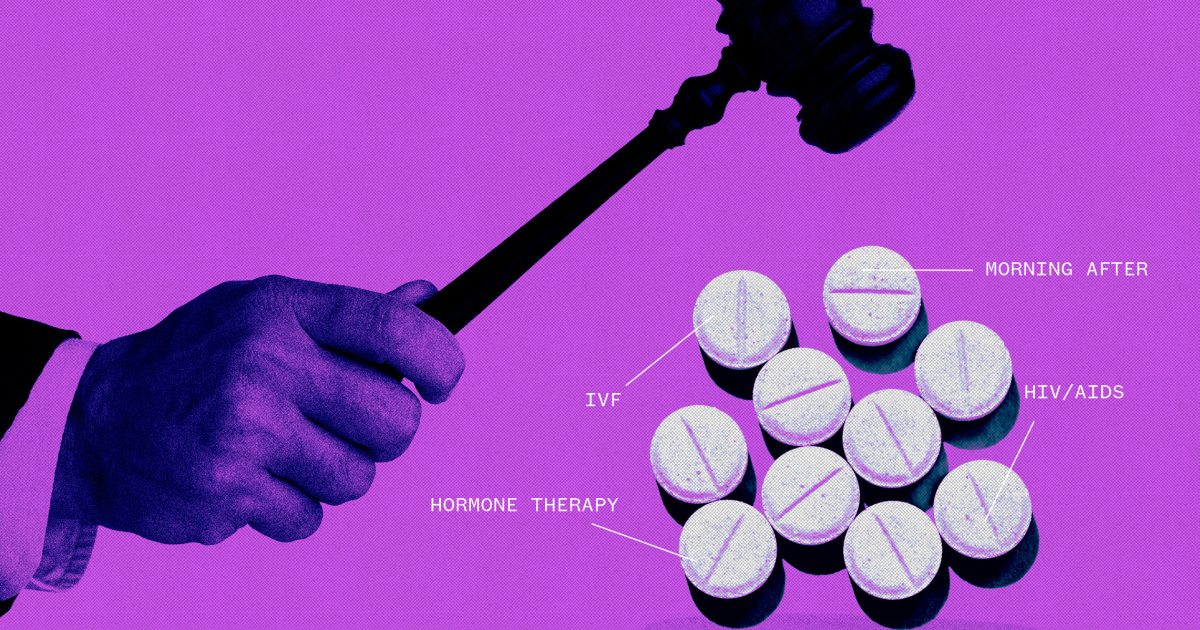(CNN) -
As U.S. health officials rush to get more covid-19 vaccines to control the virus, experts are now warning that the country will run into another challenge in the coming weeks: the supply of vaccines is likely. will exceed demand.
"While timing may differ by state, we estimate that across the United States we are likely to reach a tipping point in vaccine enthusiasm in the next 2-4 weeks," the Kaiser Family Foundation said in a new report, posted on Tuesday.
"Once this happens, efforts to promote vaccination will be much more difficult, presenting a challenge to achieve the levels of herd immunity that are expected to be necessary."
Health officials, including Dr. Anthony Fauci, estimate that between 70% and 85% of the country needs to be immune to the virus, either through vaccination or prior infection, to suppress the spread.
So far, about 40.1% of the population has received at least one dose of the COVID-19 vaccine, according to data from the Centers for Disease Control and Prevention (CDC).
And about 26% of the population is fully vaccinated, the data shows.
A slowing demand for vaccines now, experts say, could give dangerous variants of the new coronavirus a chance to continue mutating, spreading and unleashing new waves, and could delay the country's return to a semblance of normalcy.
advertising
"We have empty spaces"
Some parts of the US are already seeing fewer people signing up for a vaccine.
Kristy Fryman, Emergency Response Coordinator and Public Information Officer for the Mercer County Health District in Ohio, told CNN Tuesday that demand for vaccines in the county is "slowing down."
The county's younger population isn't as eager to get vaccinated, Fryman said, and "has a feeling that if they do get COVID, it might not be that bad."
Others, he said, are choosing to wait "to see what the side effects look like."
"We've been coming back to the project table trying to figure out how to vaccinate more people, but […] we can't do much," Fryman added.
Just over 27% of county residents have started their covid-19 vaccinations, according to the Ohio Vaccine Control Panel.
Early in the pandemic, Mercer County was among the hardest hit parts of Ohio.
Now, Fryman said, the county is again reporting an increase in COVID-19 cases.
"It is worrying that we are seeing an increase and that the population does not want to be vaccinated," he said.
In Spring Lake, Michigan, emergency room physician Dr. Rob Davidson said Tuesday that local officials are also increasingly concerned about the hesitation they are seeing.
"We have empty spaces, I know that in western Michigan and elsewhere, particularly in rural Michigan," he said.
Experts recommend that people continue to wear a mask after the vaccine
For Americans who are fully vaccinated, experts said it's best to keep wearing a mask.
"If you are vaccinated, you are protecting yourself and you probably will not get sick, but we do not know how long the virus will live in your respiratory system after you contract it," said Dr. Jorge Rodríguez, specialist in Internal Medicine and CNN medical analyst.
"Therefore, it is potentially contagious to others."
As for meetings, Rodriguez said that fully vaccinated Americans should choose to meet only with other people who are also vaccinated.
Experts have stressed that even as vaccines increase, it will be important for people to continue to follow security measures against COVID-19 until the country can suppress the spread of the virus.
But as more vaccines are given, fewer Americans are implementing public health mitigation measures, according to the results of the Axios-Ipsos survey released Tuesday.
The survey was conducted April 16-19 and was comprised of a representative sample of more than 1,000 American adults.
About 61% of those surveyed practice physical distancing, which is six percentage points less than last month and 13 points less than two months ago.
The percentage of people who wear a mask at all times when they leave home (63%) is the lowest since the summer and has dropped 10 percentage points from two months ago.
And, at a time when COVID-19 cases and hospitalizations are on the rise, the perceived risk of returning to pre-coronavirus life is the lowest ever: 52%.
Meanwhile, the perceived risks associated with activities such as shopping at retail stores and supermarkets and attending sporting events are also decreasing.
CNN's Naomi Thomas and Maggie Fox contributed to this report.
Covid-19




/cloudfront-eu-central-1.images.arcpublishing.com/prisa/PCE7NMB26ZDVRIQX2R26JSNH6A.jpg)










